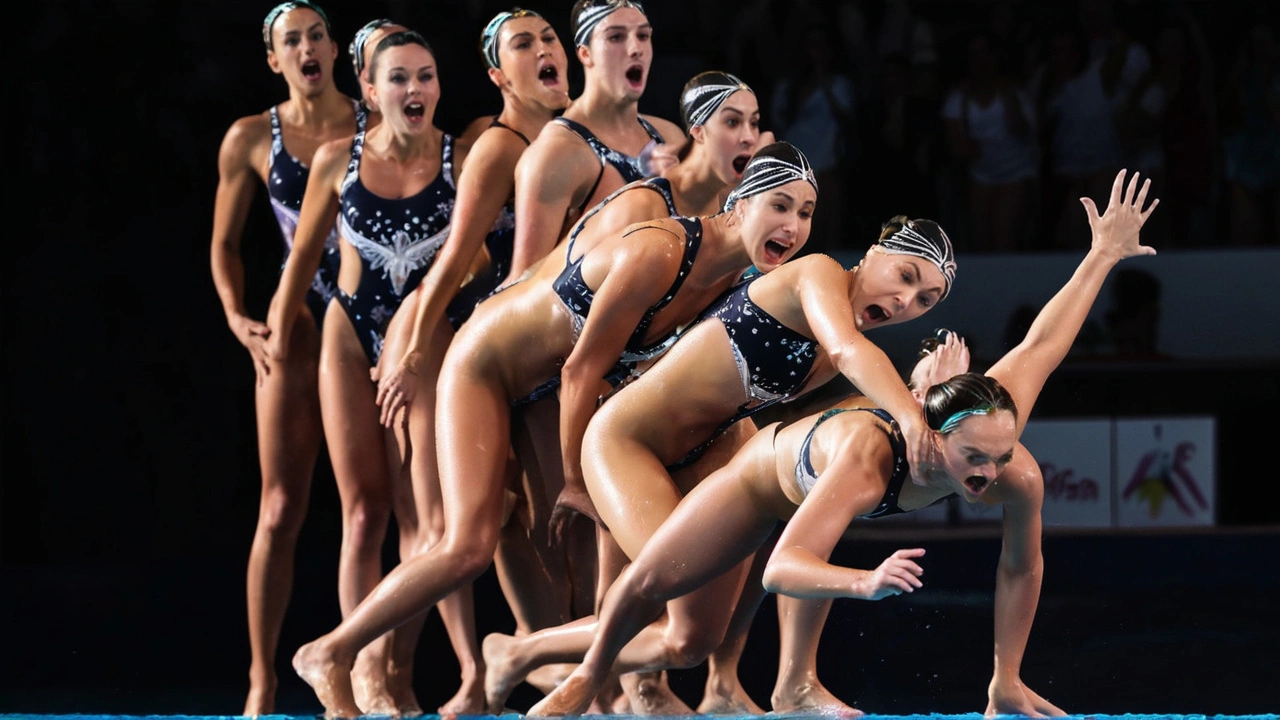Sport Discrimination: What It Means and Why It Matters
Sport discrimination is more common than many realize. It happens when players or teams face unfair treatment because of their race, gender, nationality, or background. In Africa, where sports are a uniting passion, discrimination hurts not just individuals but entire communities. It can stop talented athletes from getting the chances they deserve, and it makes fair competition impossible.
Ever noticed how certain players never get the spotlight or equal pay? Or how women in sports are still fighting for respect and resources compared to men? That’s sport discrimination playing out in real life. It’s not just about unfairness on the field – it affects mental health, career opportunities, and the growth of sports overall.
How Sport Discrimination Shows Up in African Sports
Discrimination in sports can take many forms. Sometimes it’s about who gets selected for teams or who gets sponsorship deals. Other times, it’s how fans and officials treat athletes or which countries get to host big events. For example, young players from rural areas might struggle to get noticed compared to those from big cities. Women athletes often don’t get the same training facilities or media coverage as men.
Take boxing or football – popular African sports where discrimination affects players differently. Some fighters or footballers may be judged based on their ethnicity instead of skill. Even referees and coaches might favor players from their own ethnic groups without realizing it. This creates unfair barriers and keeps sports from being a true test of talent and hard work.
Why Tackling Sport Discrimination Matters for Africa’s Future
If Africa wants to rise as a global sports powerhouse, it must deal with sport discrimination head-on. Fair play isn’t just about rules during matches; it’s about equal opportunity for all athletes behind the scenes. When sports are inclusive, more talent emerges, fans get inspired, and communities grow stronger together.
Tackling discrimination means creating policies that promote equality, holding sports bodies accountable, and changing public attitudes. It also requires spotlighting stories of athletes who break barriers and pushing for better access and representation. When everyone gets a fair shot, African sports become richer, more competitive, and truly reflective of the continent’s diverse spirit.
So next time you watch a game or cheer for a team, think about the bigger picture. Supporting fair and inclusive sports helps shape a future where talent wins—not background or bias.

The Heartbreaking Journey of Male Synchronized Swimmers: Bill May's Legacy
Bill May's journey as a male synchronized swimmer began in the late 1980s. Despite his innovative techniques and impressive skills, he faced discrimination and skepticism. Although the rules allowing men to compete at the Olympic level changed in 2022, May did not make the final roster for Paris 2024. He remains hopeful, inspiring future generations and advocating for the sport's inclusivity.
